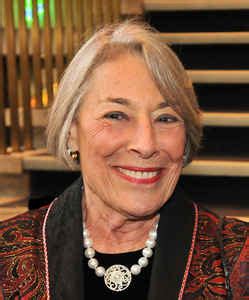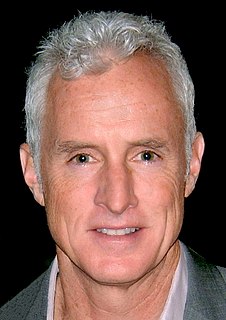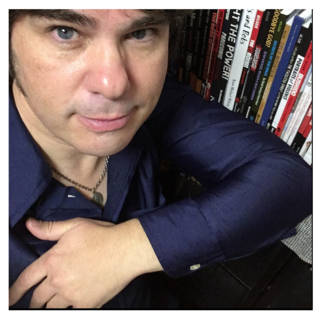A Quote by Hanya Yanagihara
We think of writing a book as a process, but the very word - process - suggests that there is one: a template to follow, a map to guide us. If that were true, someone would have surely figured out some marketable method we could all buy.
Related Quotes
The process of writing a book is infinitely more important than the book that is completed as a result of the writing, let alone the success or failure that book may have after it is written . . . the book is merely a symbol of the writing. In writing the book, I am living. I am growing. I am tapping myself. I am changing. The process is the product.
With 'Free Agent Nation,' I was figuring out how to write a book along with writing the book. Now I think I've kind of, sort of figured out how to write a book a little bit better. But the process remains not that different - slow; laborious; tiny, incremental progress each day, punctuated by feelings of despair and self-loathing.
Writing is a process and you must trust the process! Fear and anxiety are part of that process along with the enthusaism and the good days and the joy and the passion and the great hopes you have for a book. But when you run into problems, when you get stuck or scared, you must trust that that is part of how a book comes to pass, and what you need to do is get very still and quiet because Self will tell you how to get out of a hole you've dug for yourself.
My writing has to excite people and depict or include their experiences. That's part of my process - to go out and interact with people. It's very much like an archival process. I understand that the Brothers Grimm would go out and get people talking so they could document folk tales that weren't being documented any other way. I try to offer a little bit of myself - some experience from my life that evokes stories in other people.
My books are based on the "what if" principle. "What if you became invisible?" or "What if you did change into your mother for one day?" I then take it from there. Each book takes several months in the long process of writing, rewriting, writing, rewriting, and each has its own set of problems. The one thing I dislike about the writing process is the sometimes-loneliness of it all. Readers only get to see the glamour part of a bound book, not some of the agonizing moments one has while constructing it.
Lately I've been thinking about the idea that all novels are, at least in some way, about the process of writing a novel - that the construction of the book and the lineage of people constructing novels are always part of the story the author is telling. I think the equivalent for memoir should be that all memoirs are, in some way, about the process of memory. Memoirs are made out of a confusing, flawed act of creation.
Well, it's not all the same, but there are a lot of parallels. I'm not sure how to answer [on psychology background], but I think when I was studying psychology I had a professor and a friend who would talk about "process" all the time. Your process, his process, the group's process. There's some carryover from that discussion to my creative work.
The thing is that I don't normally think in terms of manga when I'm writing. Sounds odd from someone who has is getting a reputation for doing manga related work. But I would say that my scripts are NOT manga at the stage of my writing process, they are just comic book stories in a more general sense.
The most common way people could do time-travel would be a form of meditation in which you don't get caught up in your thoughts and don't make patterns of logical consequences follow as a result of your thinking process. It's very hard for most of us to do that if we think about it. But if you start to watch the process by which things come into being, and you begin to witness from the point of view of watching the words form, then you're beginning to move into the non-temporal mindset, or that which is free of time.






































